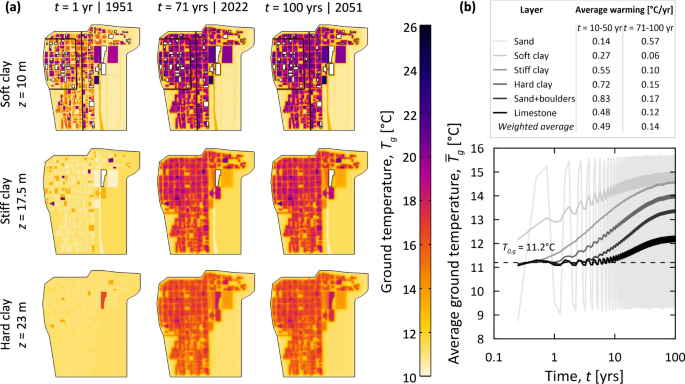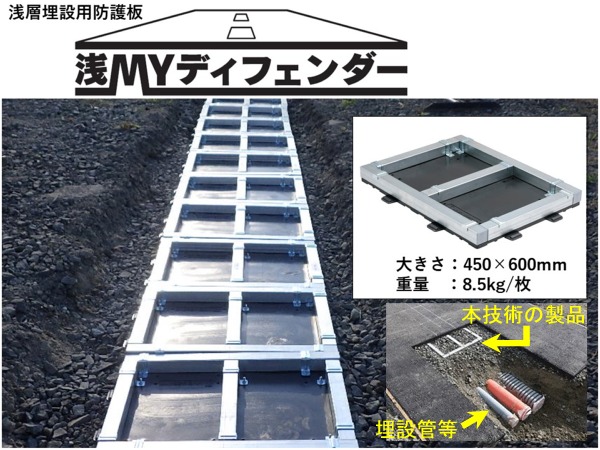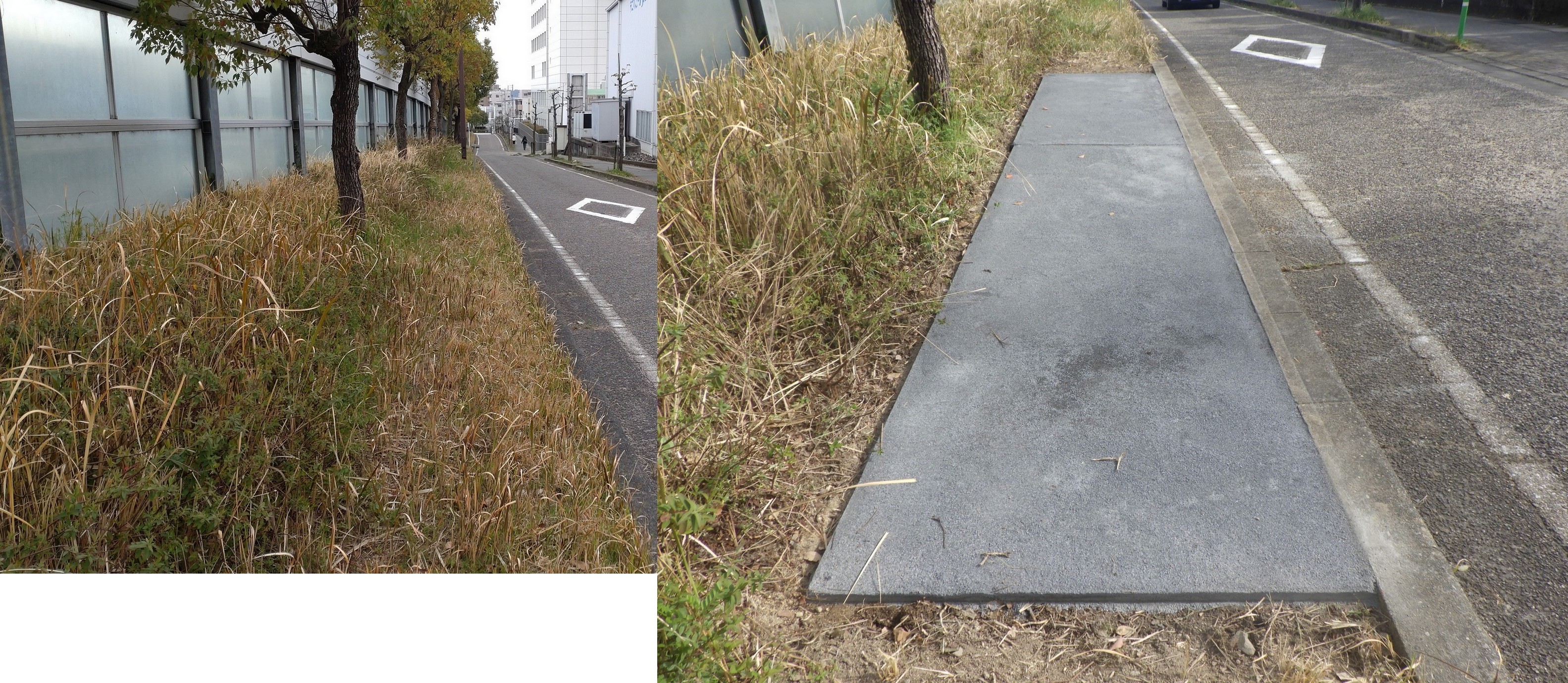シカゴを生きた実験場として、ノースウェスタン大学の研究は、地下の気候変動と都市部の地下の変動とを関連付けている。 With Chicago as a living lab space, Northwestern study links underground climate change to variations beneath urban areas
2023-07-11 ノースウェスタン大学
◆地下気候変化による建物の損傷はこれまでにもあった可能性があり、今後も問題が続くと予想される。しかし、地下から出る廃熱を利用することでこの問題を軽減できる可能性もある。
<関連情報>
- https://news.northwestern.edu/stories/2023/07/the-ground-is-deforming-and-buildings-arent-ready/
- https://www.nature.com/articles/s44172-023-00092-1
地下の気候変動が土木インフラに与える静かな影響 The silent impact of underground climate change on civil infrastructure
Alessandro F. Rotta Loria
Communications Engineering Published:11 July 2023
DOI:https://doi.org/10.1038/s44172-023-00092-1

Abstract
Urban areas increasingly suffer from subsurface heat islands: an underground climate change responsible for environmental, public health, and transportation issues. Soils, rocks, and construction materials deform under the influence of temperature variations and excessive deformations can affect the performance of civil infrastructure. Here I explore if ground deformations caused by subsurface heat islands might affect civil infrastructure. The Chicago Loop district is used as a case study. A 3-D computer model informed by data collected via a network of temperature sensors is used to characterize the ground temperature variations, deformations, and displacements caused by underground climate change. These deformations and displacements are significant and, on a case-by-case basis, may be incompatible with the operational requirements of civil structures. Therefore, the impact of underground climate change on civil infrastructure should be considered in future urban planning strategies to avoid possible structural damage and malfunction. Overall, this work suggests that underground climate change can represent a silent hazard for civil infrastructure in the Chicago Loop and other urban areas worldwide, but also an opportunity to reutilize or minimize waste heat in the ground.



